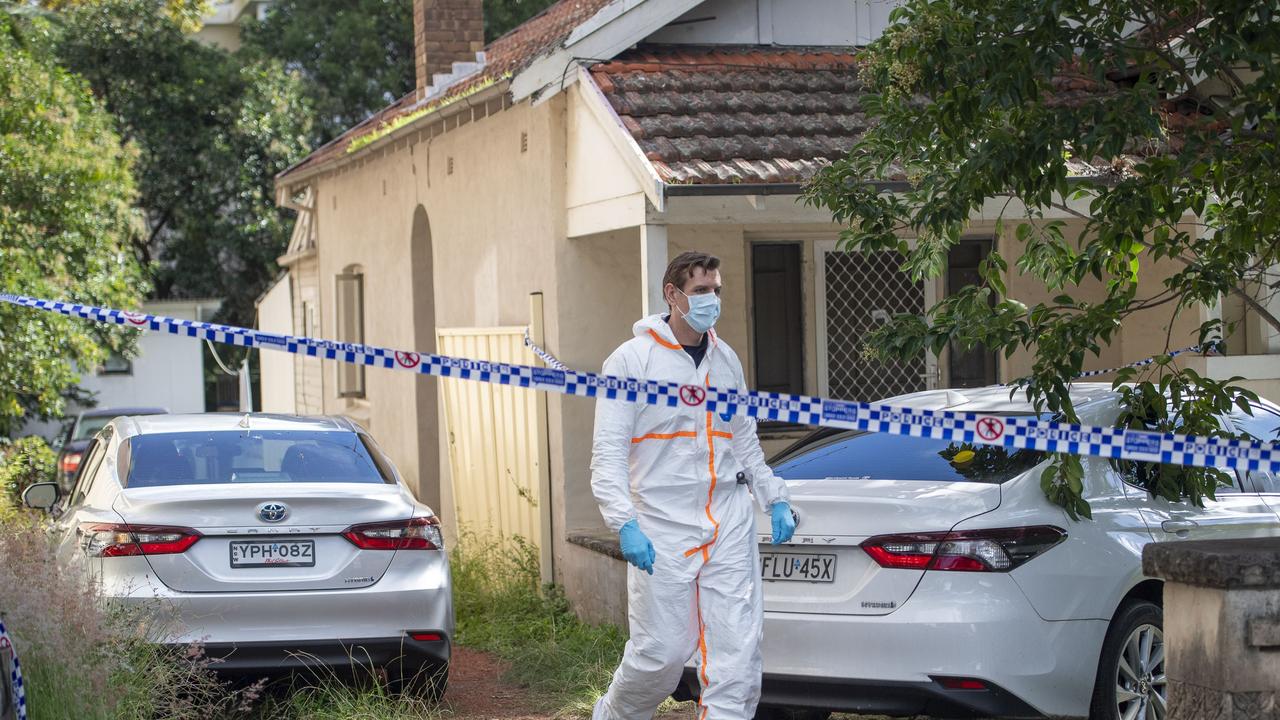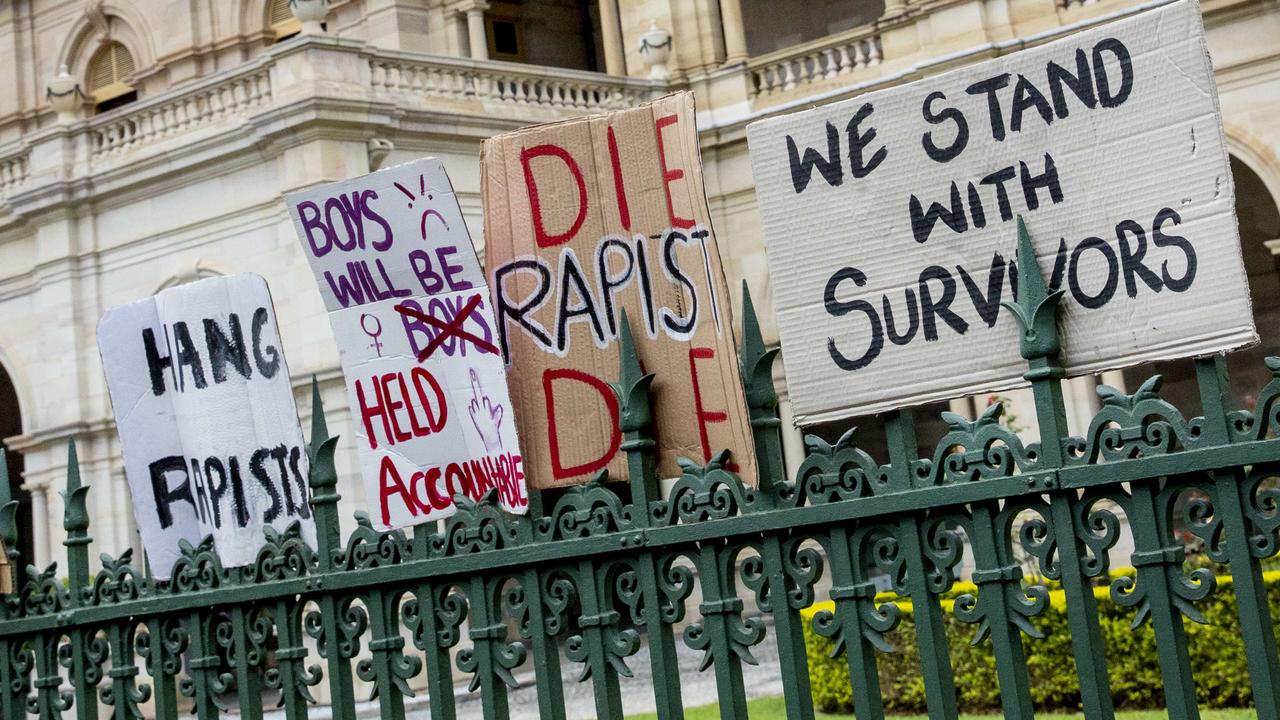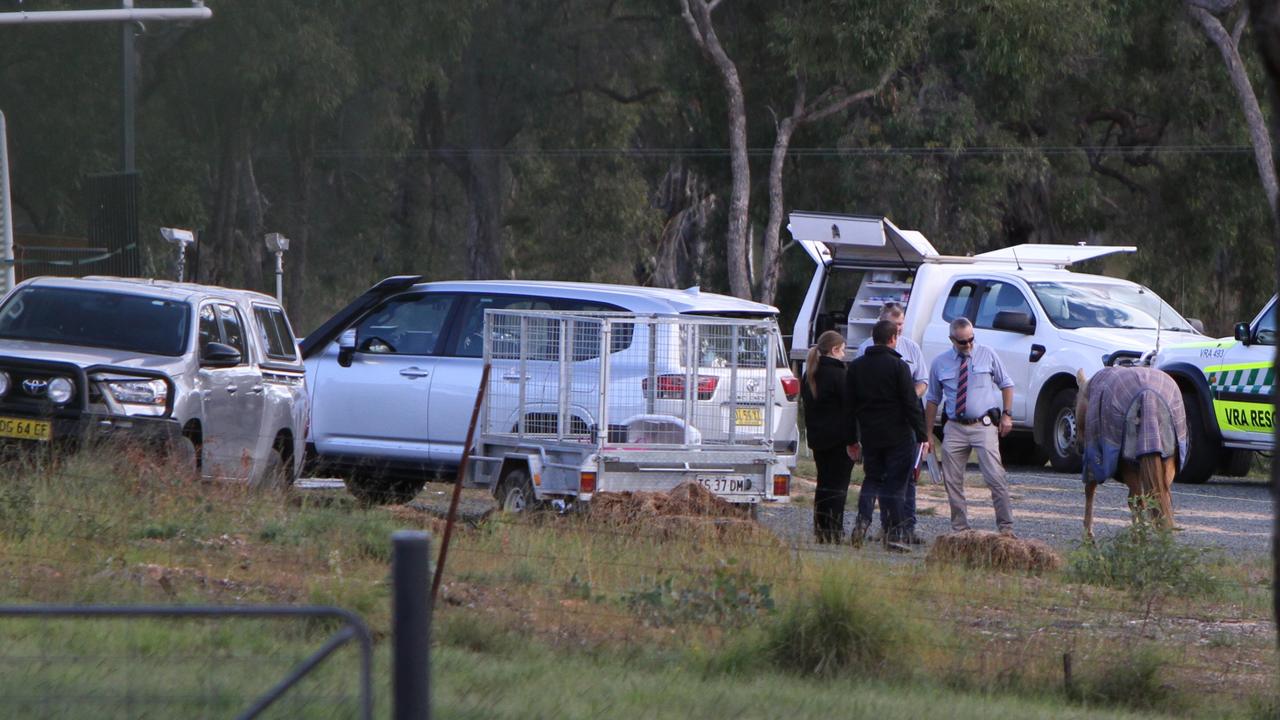Secret hitman Abuzar Sultani’s ‘murder crew’
A ruthless underworld gang was so tight that one member described the crew as more like a “family” than a criminal organisation.
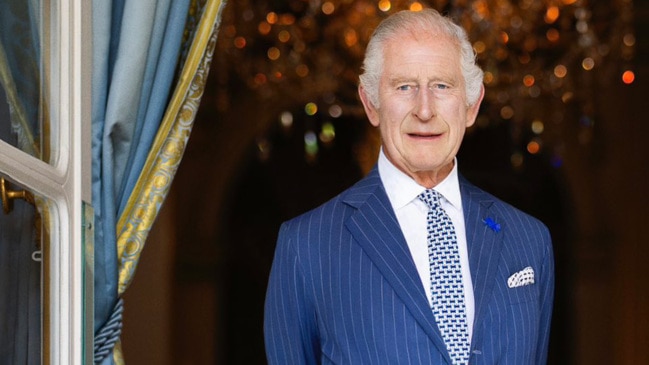
Abuzar Sultani’s gang was so tight that one of the inner circle described the crew as more like a “family” than a disciplined criminal organisation.
They ate together, played football and basketball together and – at least for those Sultani trusted most – killed together.
Since 2016, they’ve been separated into various NSW prisons after being convicted of roles in Sultani’s meticulous hits on gangland rivals that mean he will never be released from jail.
Sultani, a masters uni student living a double life as a crime boss and hit man, last week pleaded guilty to his fifth murder.
Do you have a story? Email tips@news.com.au
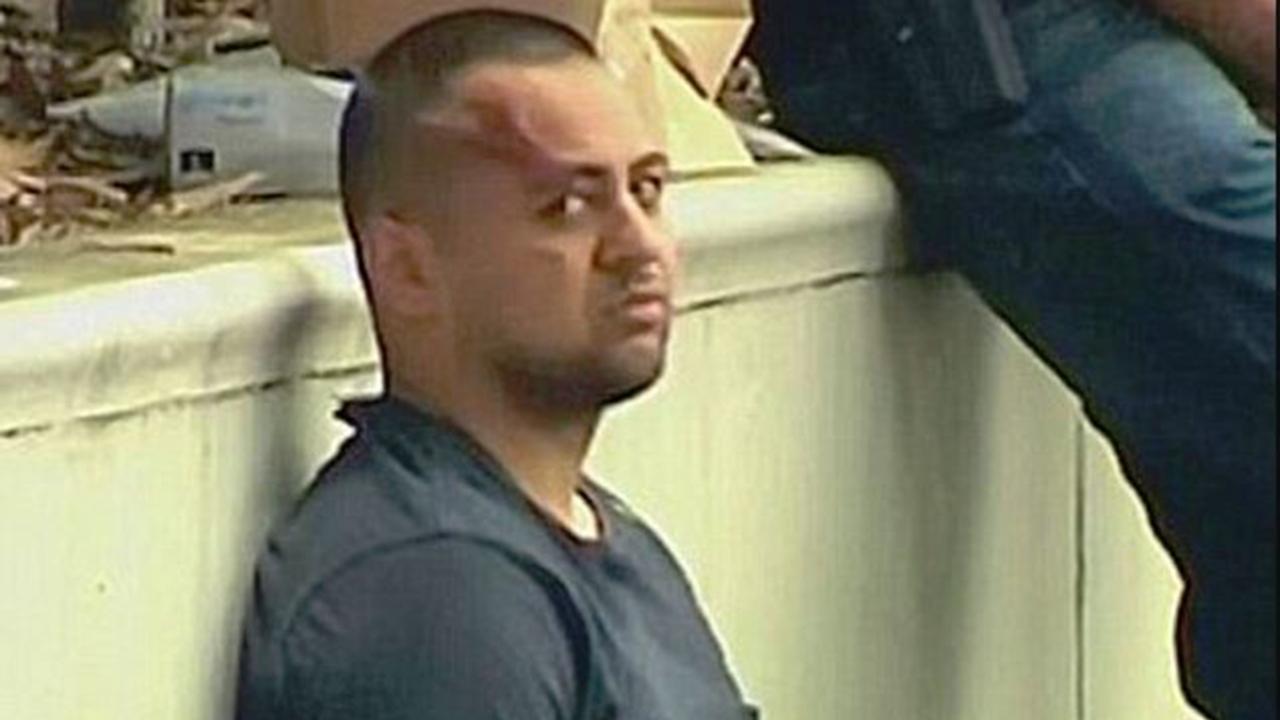
Three men, Siar Munshizada, Joshua Baines and Mirwais Danishyar, were previously all found guilty at trial over their roles in the most high-profile of Sultani’s hits – that of Pasquale Barbaro in 2016.
The trio were part of the Burwood chapter of the Rebels bikie gang, led by Sultani, before the group broke away in an attempt to go under the police radar.
Munshizada, like Sultani, is serving three life sentences without parole after being convicted of carrying out the murders of Michael Davey, Mehmet Yilmaz and Barbaro alongside his boss.
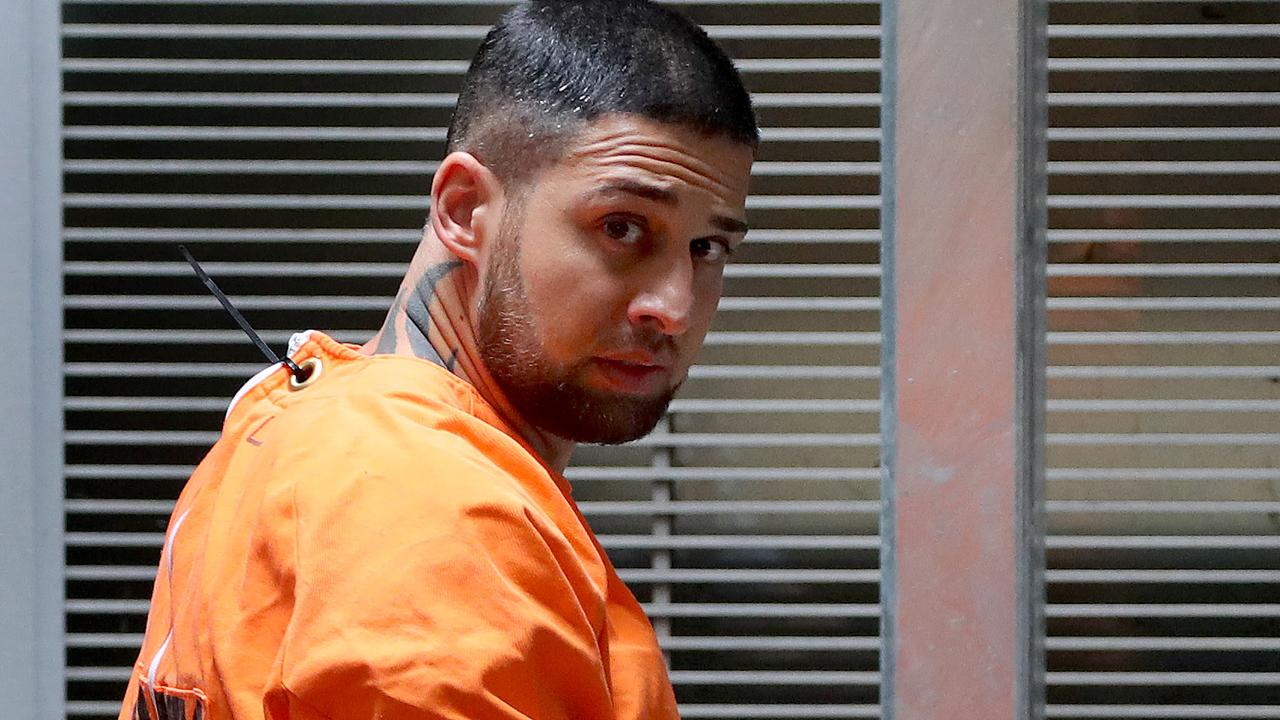
The NSW Supreme Court heard he was the second shooter in the Davey slaying, and was crucial to the Yilmaz and Barbaro shootings as the man who drove Sultani to both crime scenes.
A jury found Baines and Danishyar guilty of murder and accessory to murder respectively for the Barbaro hit.
The former is serving a non-parole period of 22 years and six months after what a judge said was his “enthusiastic” participation in the killing of the mafia figure, who a court heard was shot by both Baines and Sultani.
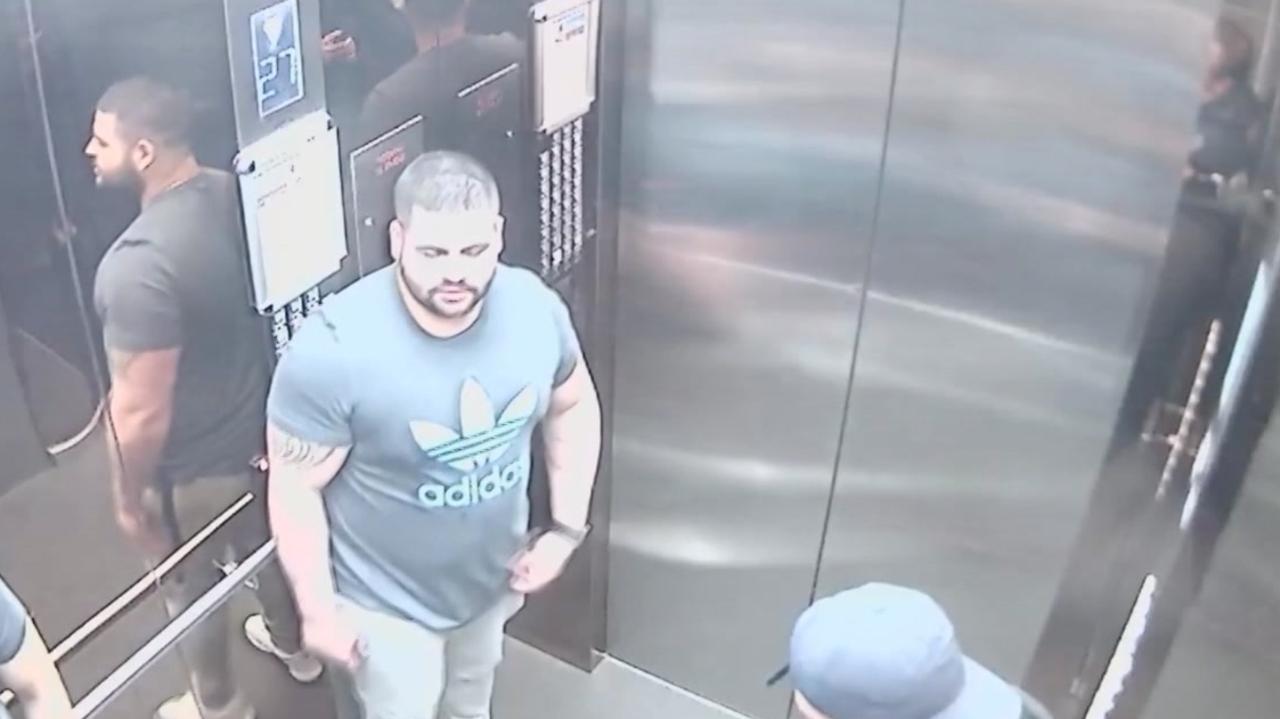
Danishyar was a secondary getaway driver in that shooting, for which he was sentenced to 15 years in prison.
A court was told that a hidden device in the Subaru WRX he was driving recorded Danishyar reciting prayers of “strength” around the same time Barbaro was being shot in an Earlwood street, in Sydney’s south west.
He has since also pleaded guilty to being an accessory before the fact to Davey’s killing.
Both he and Baines were acquitted at trial of roles in Yilmaz’s murder.
The crew
Court documents have revealed the crew controlled by Sultani – sometimes known as “the Afghanis” or “Murder Crew 13” – was tight knit and sophisticated.
Judge Peter Whitford last year described its activities as “wide ranging”, and partly bankrolled by drug supply and selling weapons.
“The group was sophisticated, it was ruthless, it was organised and maintained for its members material and financial benefit,” he said.
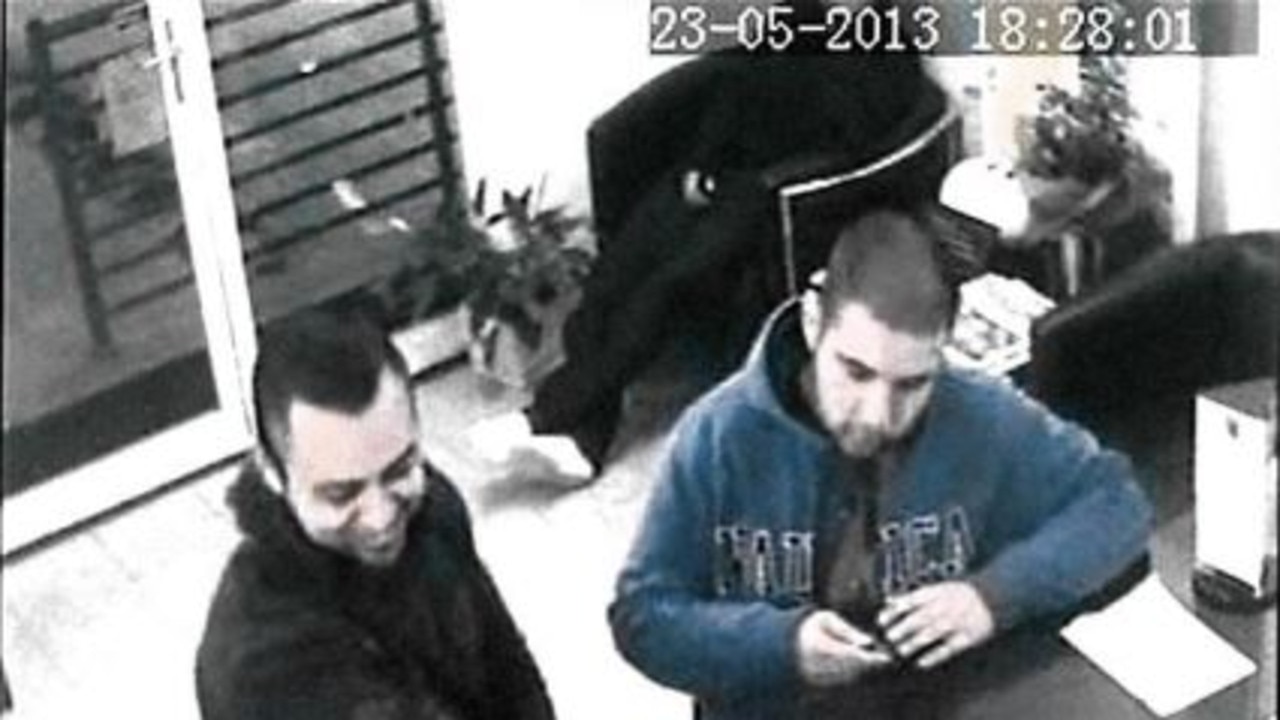
Sydney courts have heard how they operated as a “closed group” and were selective over who was allowed to join, with each man paying $50 into a kitty each week for legal fees.
Members would have regular dinners and meetings at cafes, and some even lived with each other – as was the case for Sultani and Munshizada, whose apartment became the crew’s “focal point”.
Police hid cameras inside and outside their unit at Sydney Olympic Park, showing the men coming assembling together on the night of planned murders.
On one occasion, the footage showed them arriving home with a few boxes of food from the famous Sydney chicken shop El Jannah – not long after Yilmaz was shot dead on September 9, 2016.
In texts they referred to each other as “brothers” and in fact, some of the gang members were related.

Munshizada, who met Sultani in jail when they were teenagers in the late 2000s, had introduced his cousin Danishyar into the group around 2013.
Danishyar would become, a court has heard, a “gofer” — someone who runs items — for the syndicate and part of Sultani’s “inner circle”.
Baines was introduced to Sultani by a friend and said he came to think of the group as “family”.
“In my eyes they were my mates. They were not like a typical bikie gang,” he told a forensic psychologist in 2021.
“We played soccer and basketball together. There were no motorbikes.”
But Sultani also demanded unyielding discipline and loyalty from the gang’s members.
One former member, known as RS888, was savagely beaten because Sultani suspected he had withheld money from a drug deal.
He was lured to a St Marys kebab shop in western Sydney owned by Sultani before having his jaw and arm broken. He was then forced to clean up his own blood from the ground.
It proved to be a mistaken act of retribution, and RS888 would go on to become a star witness in the string of trials against his one-time comrades.




